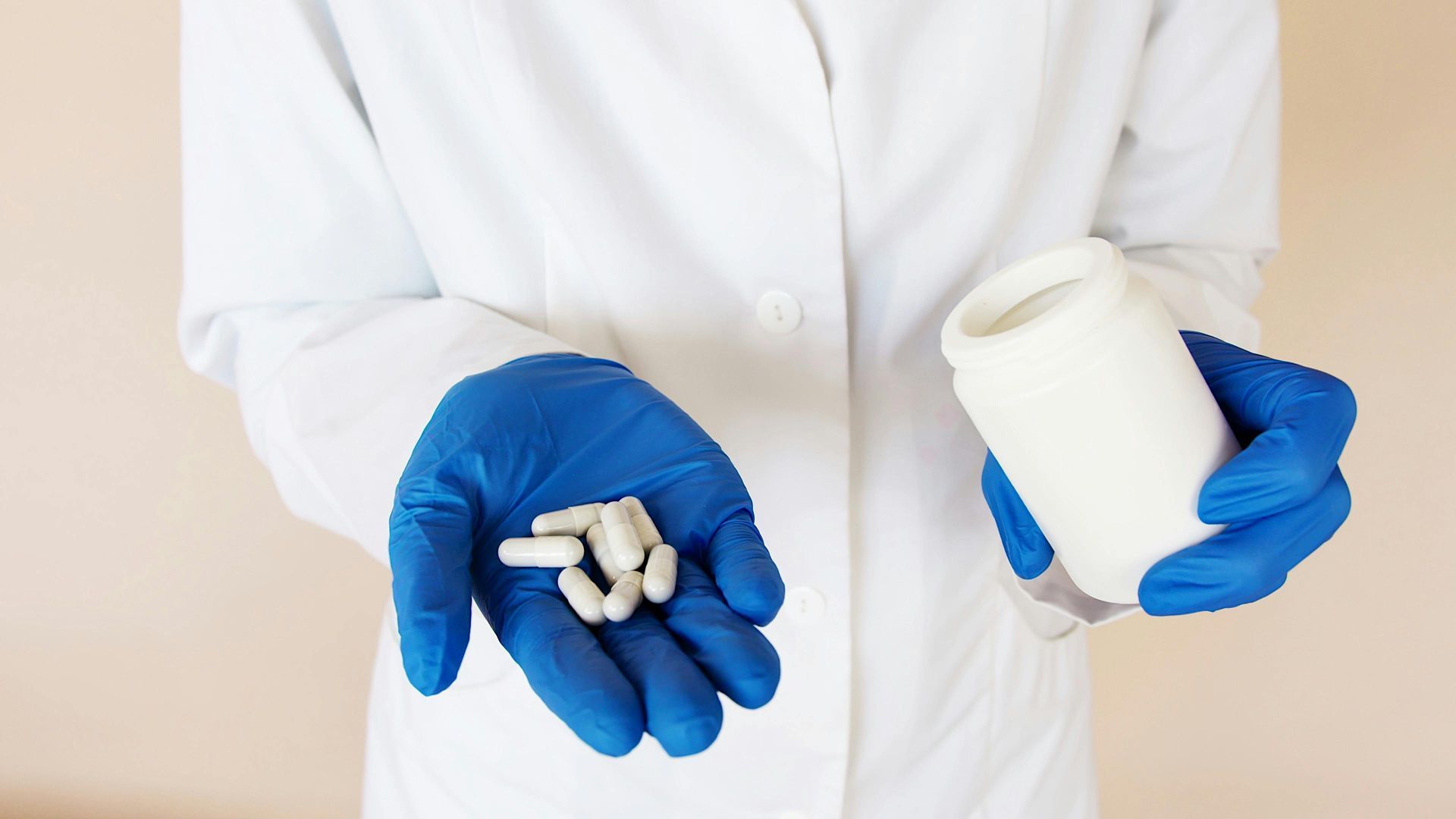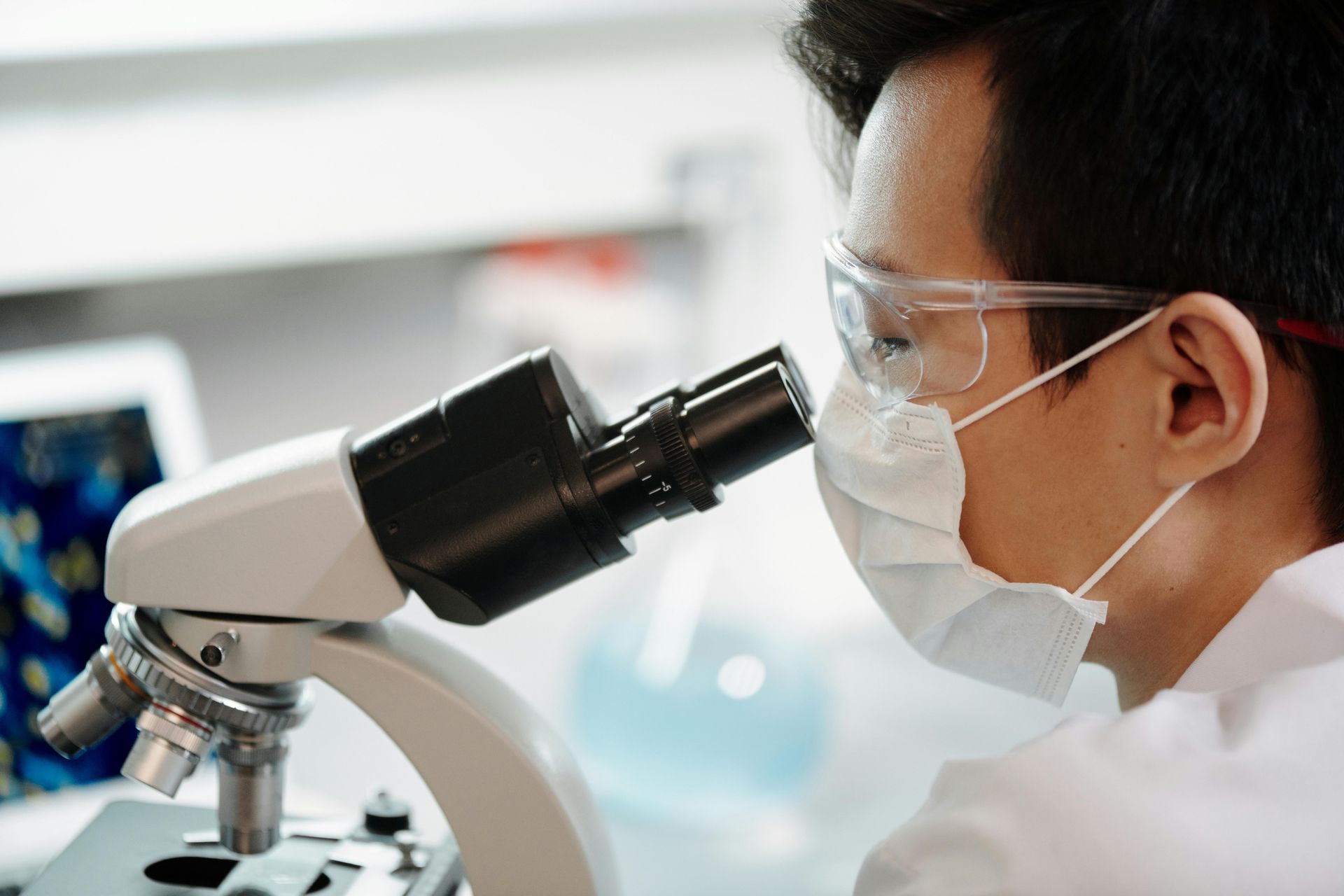FDA Revises Policy on Antibody Tests: New Focus on Access and Accuracy
On March 16th, the U.S. Food and Drug Administration (FDA) issued a policy regarding antibody tests designed to answer population-level questions about the prevalence of COVID-19. The policy was widely criticized for its permissive guidelines as, in recent weeks, more than 250 companies introduced serology tests to the market. In response, the FDA revised its initial policy on May 4th, imposing newly stringent standards for precision.
Antibody tests, otherwise known as serology tests, are instrumental in the fight against COVID-19. Asymptomatic carriers may be primarily responsible for fueling the spread of the virus — the FDA considered the development and implementation of an early detection tool as one of their top priorities.
Serology tests, which detect whether an individual’s immune system has reacted to an infection of SARS-CoV-2, reveal whether one has ever been infected. When delivered to entire communities, the results from antibody tests can answer critical questions about disease prevalence, susceptibility, and immunity — which inform the development of novel therapies against the virus.
Poor Test Performance
In issuing their initial policy on antibody tests, the FDA prioritized rapid availability over standards for accuracy and precision. Developers were required to submit their own proof regarding the accuracy of their products — and, in response, the FDA had set no standards or cutoffs regarding what was accepted as accurate.
This policy resulted in general confusion as products designed by established companies were competing against unverified tests. While companies were never allowed to claim that their antibody tests had been authorized by the FDA, many of the tests that emerged in the market were doing precisely that, in addition to false claims of approval for at-home use.
As of May 4th, companies offering COVID-19 antibody tests are required to submit proof that they meet the agency’s specificity and sensitivity criteria. Developers must provide verification in the next ten days or suspend distribution and face removal from the market. The FDA has promised to crack down on fraudulent test kits with false claims of FDA approval or at-home use.
The process of applying for agency review involves submitting a request for an emergency use authorization (EUA), which allows the FDA to temporarily authorize the distribution and use of unapproved products in the face of a public health emergency. An EUA is by no means equivalent to full FDA clearance and is only valid for the duration of the crisis. The FDA has newly authorized at least ten antibody tests under EUAs, and over 200 tests remain under review.
Keep Your Organization Up-To-Date With CfPIE
What steps are you taking to ensure your staff remains knowledgeable about the latest regulations and trends in the industry?
The Center for Professional Innovation and Education (CfPIE) has partnered with leading pharmaceutical and biotechnology companies by providing them with hands-on training and certification for industry professionals.
Are you interested in learning more about how the FDA’s response to the COVID-19 crisis has impacted the pharmaceutical industry? We recommend enrolling the following courses:
- Comprehensive Overview of FDA Regulatory Compliance for Drug and Biotech Products
- FDA Inspections - What Regulators Expect and How to Prepare
- Preparation of FDA Submissions and Communicating with the FDA
Contact the CfPIE team today at 1-610-648-7550 or [email protected] if you’re interested in learning about quality life science training and certification courses.
Blog Categories
Stay Informed


